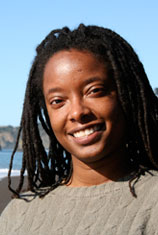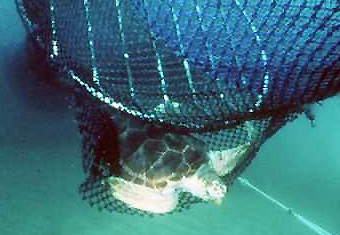

Abstract
Fishery managers around the world are using marine conservation technology (i.e. a device that protects organisms and/or habitat) to address high levels of bycatch (i.e. non-target species caught or harmed in the course of fishing). Recent U.S. legislation requires that countries with bycatch of certain protected species adopt conservation technology or else risk embargos. The United States is a leader in developing conservation technologies and is now attempting to spread them worldwide, but the results have been mixed. In this study, I will explore the key factors related to successful cross-cultural promotion of marine conservation technologies by investigating the case studies of the international promotion of turtle excluder devices (TEDs) and circle hooks, which are both used to reduce bycatch of sea turtles. The research will pursue the following research objectives: (1) To describe the types of technology promotion programs used by U.S. agencies and organizations to encourage the adoption of TEDs and circle hooks by fishers outside the U.S. and by fishers of distinct cultural communities within the U.S. (2) To determine which aspects of these promotional transfer efforts helped or hindered the promotion and adoption processes, especially in regards to differences in language, culture, or levels of country development. (3) To describe and codify specific methods used by individuals acclaimed for their abilities to successfully promote adoption of conservation technologies cross-culturally. I will gather data by using a combination of participant observation, interviews, document analysis, and imitation games. I will analyze this information in a rigorous and iterative process of hypothesis testing using a grounded theory approach and multivariate statistical analysis. I will synthesize the findings from this research into a framework of best practices and policy recommendations for promoting the adoption of marine conservation technologies cross-culturally. This study will yield insights into the applicability of the theories of technology transfer, diffusion of innovations, cross-cultural communication and interactional expertise to marine conservation technology and further develop a theory specific for promoting conservation technologies Such a theory would hold value in similar situations, such as the global need to address climate change with alternative fuels and energy efficient technologies.
Kiki is based at the School of Marine Affairs, University of Washington.
